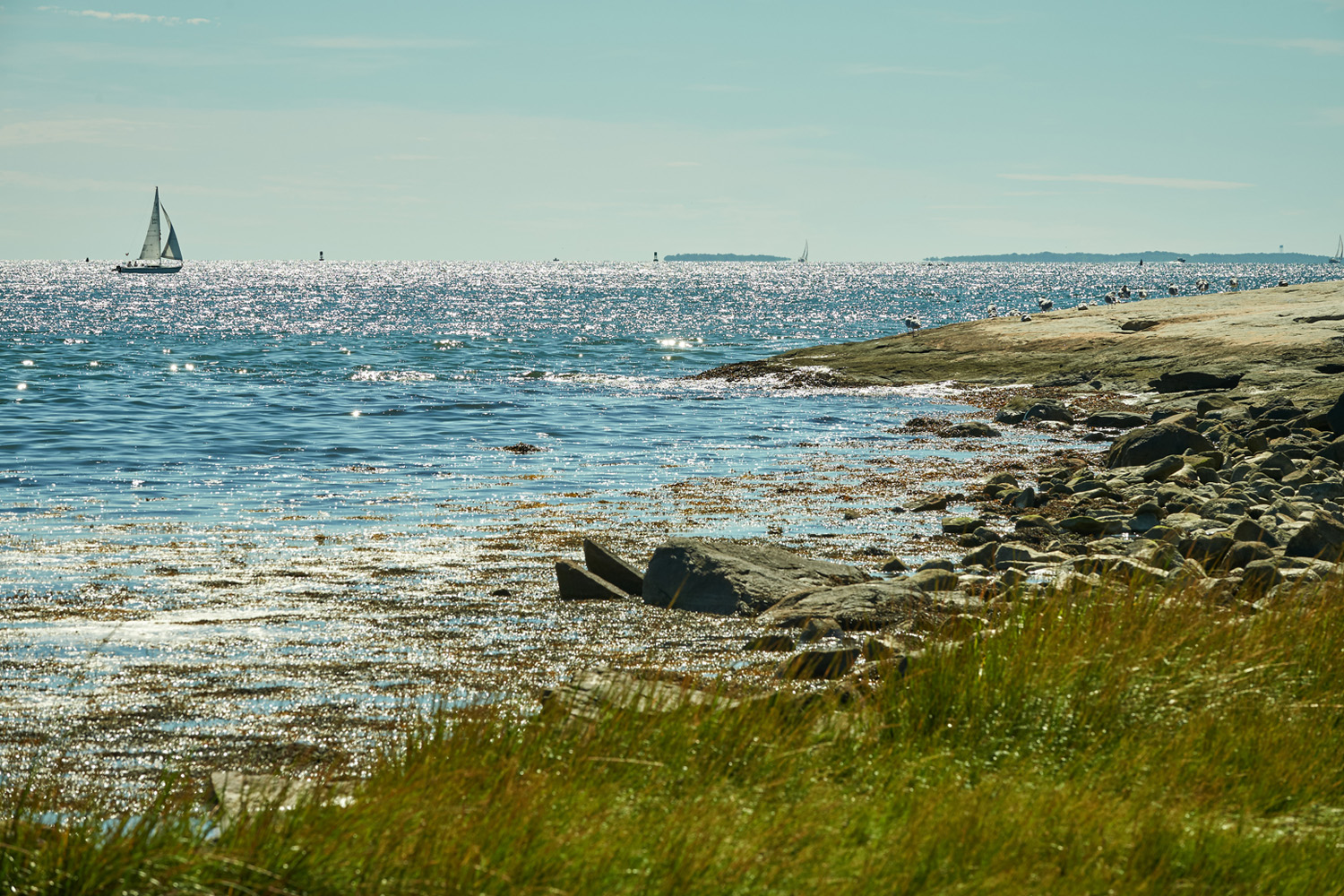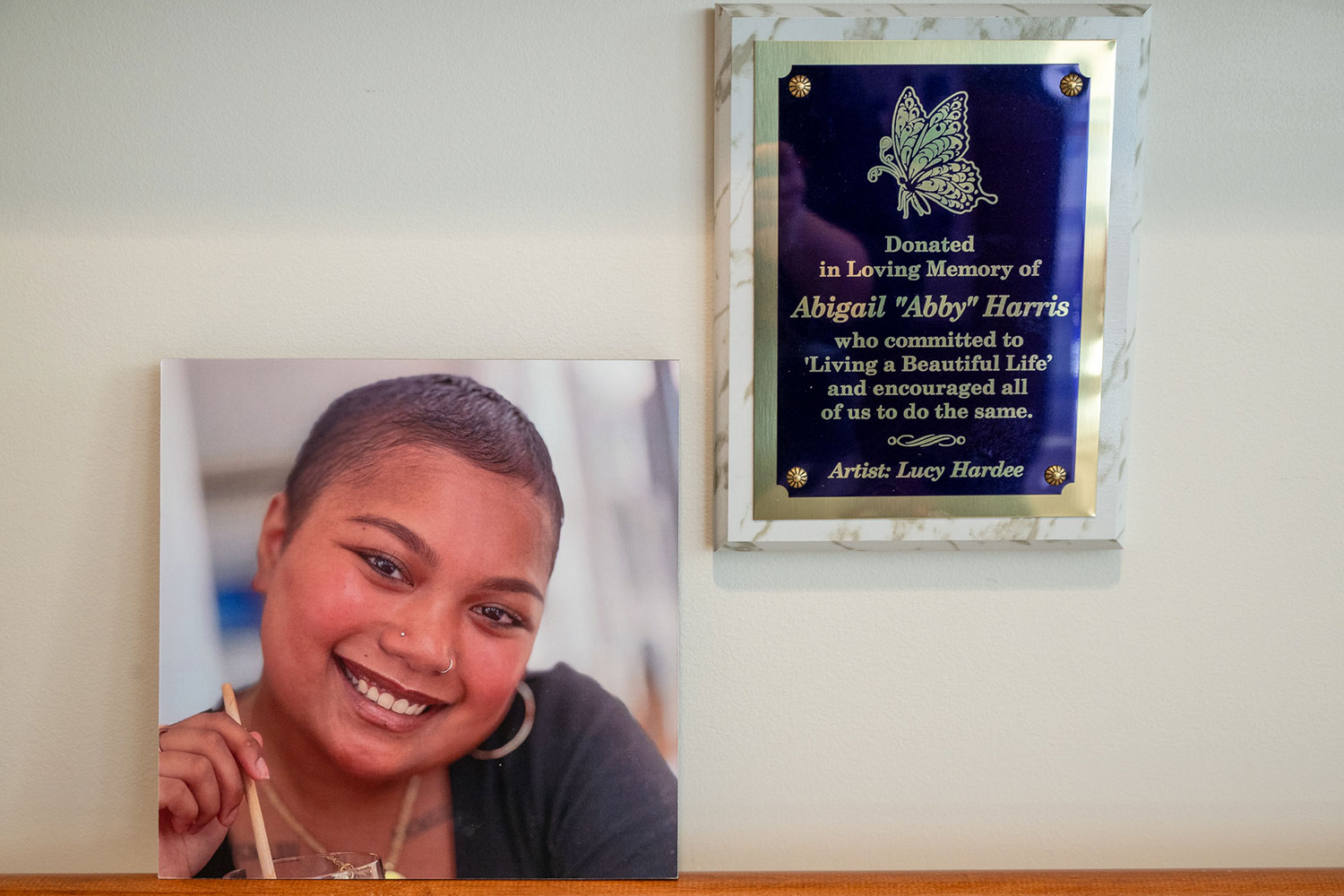Environmental and ecological scientists in the College of Liberal Arts and Sciences have entered into a partnership with Connecticut’s Town of Greenwich to provide research on biodiversity, coastal resources, water quality, and landscape change that will aid the Town in developing a coastal resiliency plan and educating the local community about environmental issues.
The partnership aims to become a national model for how to advance cooperation between local communities and public universities to wisely manage and conserve natural resources.
“As the flagship institution of higher education in Connecticut, the University can marshal a wealth of expertise to execute innovative research to address complex environmental issues,” says Michael Willig, Director of UConn’s Center for Environmental Sciences and Engineering and Board of Trustees Distinguished Professor of Ecology and Evolutionary Biology at UConn.
UConn’s Department of Ecology and Evolutionary Biology and Center for Environmental Sciences and Engineering will partner with the Greenwich Conservation Commission and Shellfish Commission collaborate on the project, which will integrate research, education, outreach, and community involvement.
The University’s environmental faculty bring internationally-recognized research expertise in ecology; conservation biology; terrestrial, freshwater and marine resources; aquaculture, environmental engineering, and ecosystem sciences to the partnership, as well as environmental teaching and outreach experience, says Willig.
The Town’s Commissions have a long history of proactive conservation and management of Greenwich’s natural resources to enhance sustainability and resilience, including issues related to near shore water quality and stewardship of biotic resources, such as shellfish beds.
The partnership will use the Town’s coastal facilities, including the Floren Family Environmental Center at the Innis Arden Cottage at Greenwich Point Park, to provide access for research that will benefit Greenwich as it develops a coastal resiliency plan.
Situated on western Long Island Sound, Greenwich will provides a key site from which UConn researchers will conduct research on biodiversity and coastal resources.
“There is tremendous geographical importance of situating this research in western Long Island Sound. It provides increased value to our facilities in Greenwich by making them available for critical research of the environmental issues of the day,” says Greenwich First Selectman Peter J. Tesei.
“As a UConn graduate, I take pride in this newly-formed partnership and look forward to seeing how this collaboration will improve the quality of life both in and around the Long Island Sound,” he says.
The partnership will host educational and outreach activities about coastal ecosystems and the environment, and engage the local community in citizen science endeavors. It will also provide opportunities for high school, undergraduate and graduate students to conduct research and participate in internships related to environmental issues that confront Greenwich ecosystems.
“The partnership is a great example of what can be accomplished when you combine the world-class, multidisciplinary researchers who are part of UConn’s centers of excellence, and the unique opportunities and needs that exist in communities like the Town of Greenwich,” says Jeff Seeman, Vice President of Research at UConn.
“The project will have an important impact on the current and future environmental health of the Long Island Sound.”



